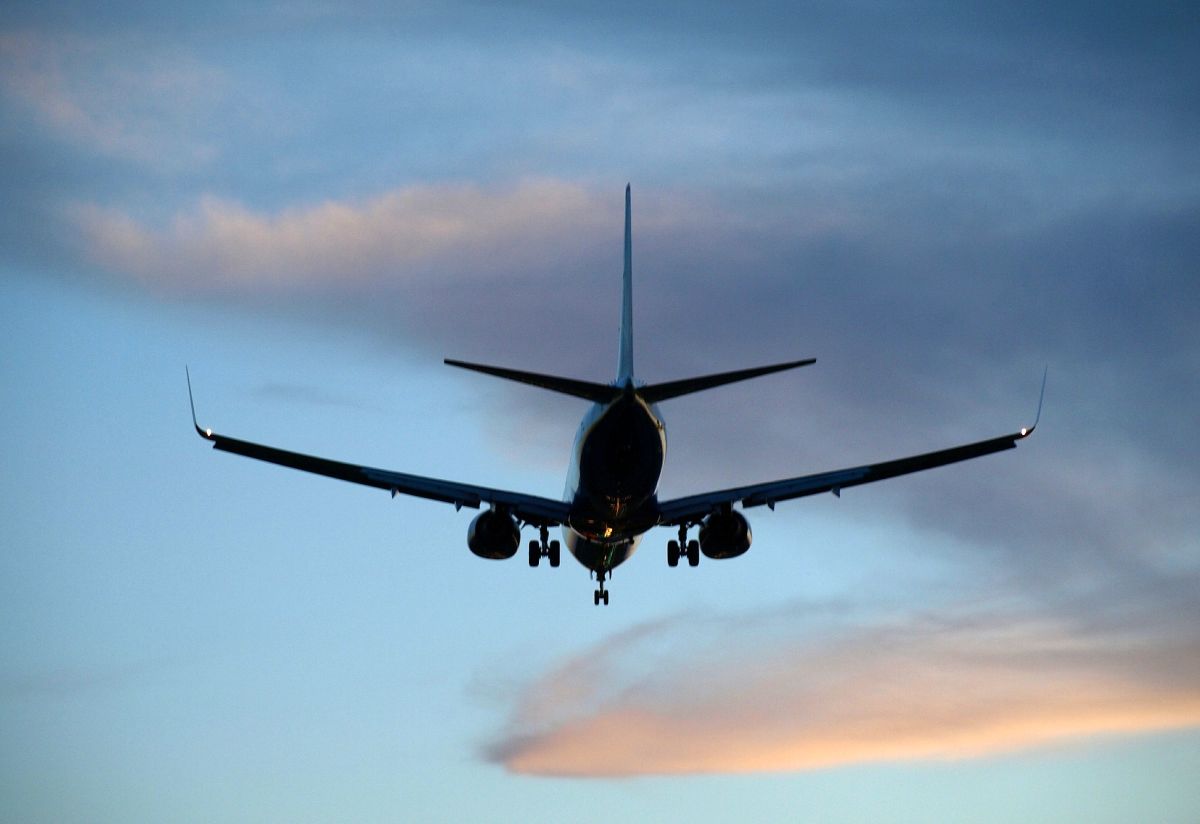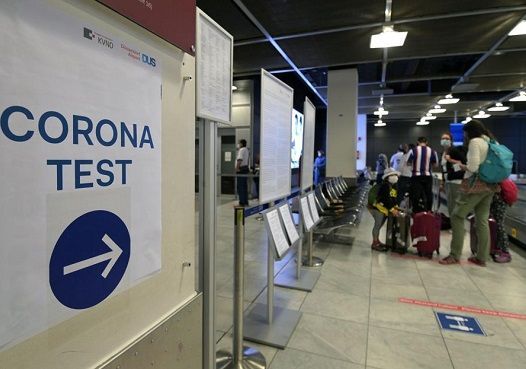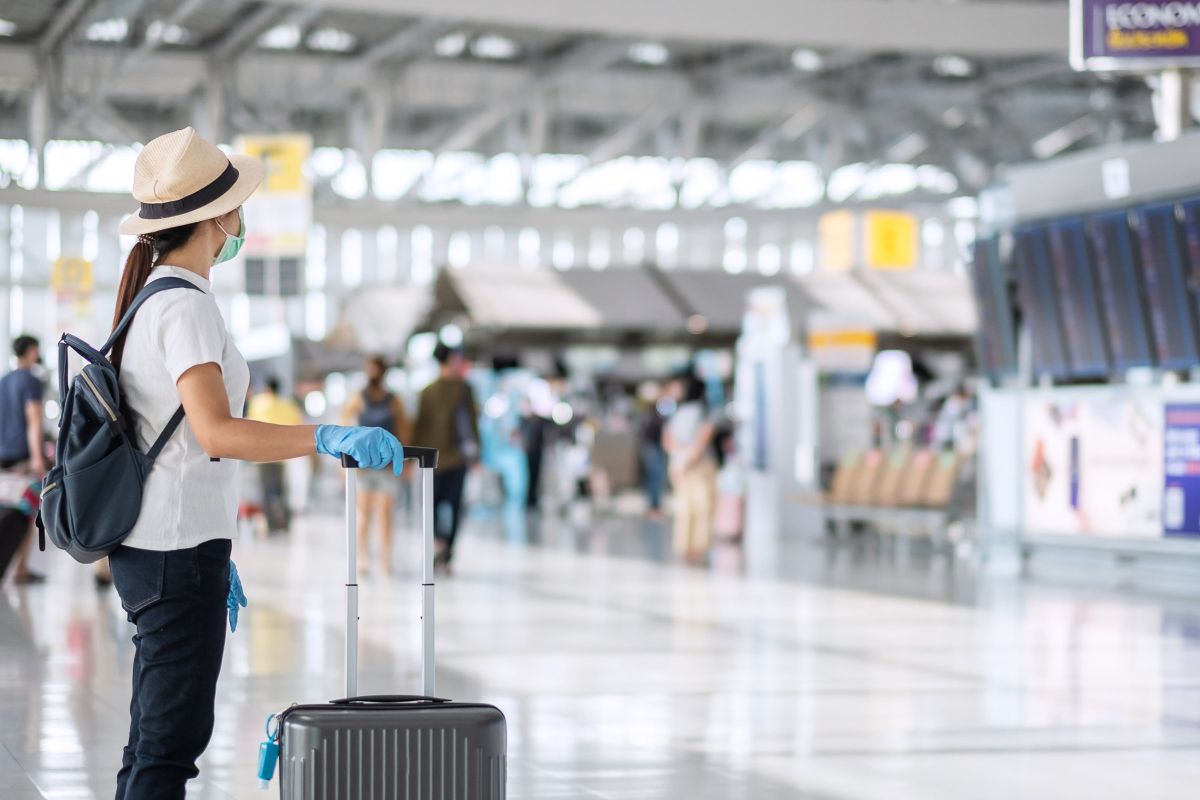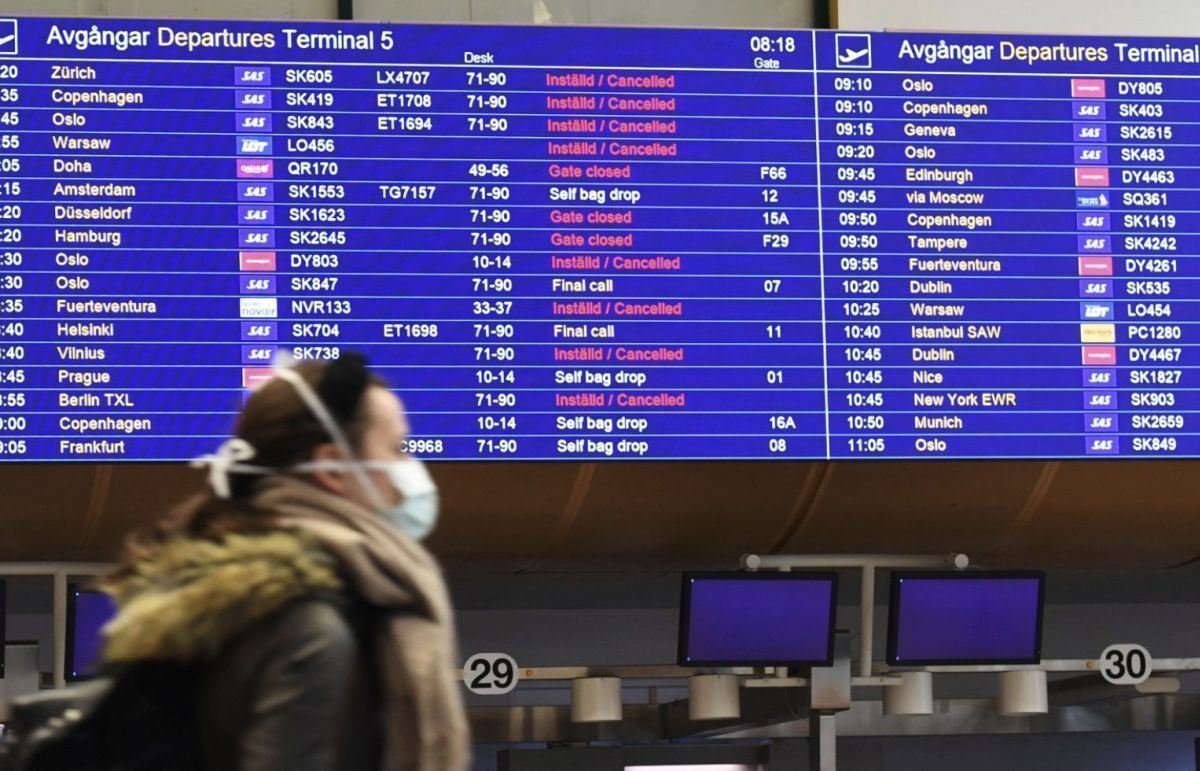Covid-19: New Guidelines by EASA/ECDC Reject Quarantine of Air Travelers
The European Union Aviation Safety Agency (EASA) and European Centre for Disease Prevention and Control (ECDC) on Wednesday released a set of guidelines to support member states in determining a coordinated approach to reduce the risks related to the movement of people within the EU/EEA countries and the UK in the context of the coronavirus (Covid-19) pandemic.
The guidelines are an addendum to the previously released EASA/ECDC Aviation Health Safety Protocol.
Based on scientific evidence and information, EASA and ECDC provide information on effective and differentiated strategies to enable health authorities to evaluate scenarios and make informed decisions on the best possible measures.
As underlined by the EU agencies, in the current epidemiological situation, where Covid-19 is established in all EU/EEA countries and the UK, imported cases account for a very small proportion of all detected cases and are unlikely to significantly increase the rate of transmission.
“Travellers should not be considered as a high-risk population, nor treated as contacts of Covid-19 cases, unless they had been in known contact with a confirmed positive case,” EASA and ECDC say.
The EU agencies invite decision makers in member states, including public health authorities and civil aviation authorities, to consider the detailed epidemiological evidence that supports the options presented in the guidelines acknowledging that:
– In the current epidemiological situation, quarantine or systematic testing for Covid-19 of air travellers is not recommended.
– Harmonisation among member states is recommended based on the specific measures presented in the guidelines.
EASA/ECDC: Travelers are confused
According to EASA and ECDC, the travel-related measures adopted by the EU/EEA countries and the UK in the context of the Covid-19 pandemic have varied significantly and some of them have had an impact on citizens’ rights to free movement and the functioning of the internal market.
“Most of the EU/EEA countries and the UK have developed national criteria to determine the potential need for testing and/or voluntary or mandatory quarantine of incoming travellers. Due to the rapidly-evolving epidemiological situation the measures have changed on average every 7-14 days. Despite initiatives such as the European Commission’s Re-Open EU website and the EU health preparedness recommendations for a common EU testing approach to Covid-19, agreed by the Health Security Committee (HSC), the different measures have resulted in significant confusion for travellers. This is continuing to have a significant negative impact on travel and tourism.”
The recommendations outlined by EASA and ECDC may also be taken into account by member states when considering temporary restrictions on non-essential travel to the EU in relation to residents of third countries.
EASA and ECDC continue to recommend all of those who travel must still ensure they adhere to local social distancing rules, to protect themselves and others around them, at all times.
WTTC welcomes EASA/ECDC guidelines
The World Travel & Tourism Council (WTTC), which represents the global travel and tourism private sector, welcomed the new EASA/ECDC guidelines and especially the recommendation on quarantine exemption for people travelling for less than 72 hours.
“The EASA/ECDC proposed guidelines to exempt passengers from quarantines for travel of 72 hours or less would be a significant step in the direction towards the wholesale revival of business travel,” Gloria Guevara, WTTC President & CEO, said.
However, the WTTC pointed out that the recommendations fall short as they do not address the replacement of quarantines for a testing regime at departure.
“We hope to persuade EASA and ECDC to focus on testing at departure, rather than at the point of entry, so as to reduce the possibility of transmission on board aircraft and reduce unnecessary barriers to travel,” Guevara added.
Airlines and airports: Passenger quarantines are ineffective
Following the release of the EASA/ECDC guidelines, airlines and airports called on EU/EEA and UK governments to immediately abolish passenger quarantines and consider rapid testing technologies and success of travel corridors to help restore passenger confidence and support early detection of asymptomatic cases.
“The EASA/ECDC Guidelines consider 14-day quarantines to be effective only in the ‘exceptional situation’ where a country has achieved full control over the virus and reduced transmission levels to close to zero, and only then for travellers entering from countries where the virus keeps circulating,” Airlines for Europe (A4E), ACI Europe (Airports Council International), European Regions Airline Association (ERA) and International Air Transport Association (IATA) said in a joint announcement.
The EASA/ECDC guidelines can be downloaded here:
Guidelines for COVID-19 testing and quarantine of air travellers









